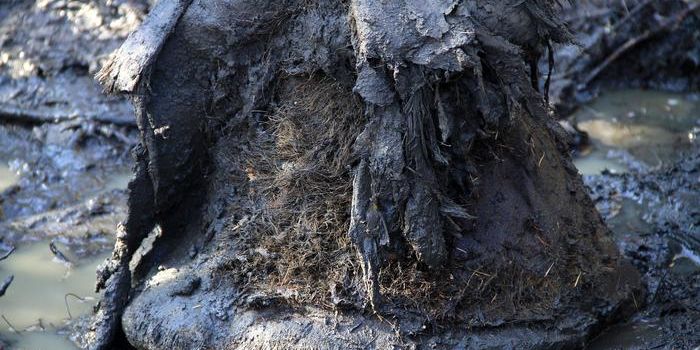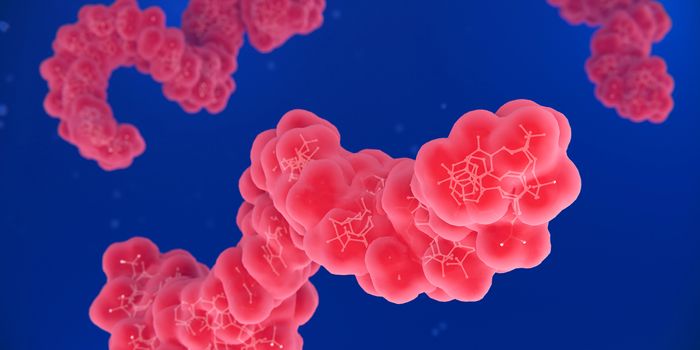Learning More About The Genetic Adaptations Cancer Relies On
Millions of cells in our body have to be replenished every day, and every time they divide into daughter cells the genome must be replicated. Mistakes can arise in the genome during the course of that normal process, or from exposure to environmental toxins, or from natural factors. The cell has ways to repair mutations, but those repair mechanisms don't always work. Those genomic errors can give rise to cancer, and cancer cells can adapt to mutations in the genome that might otherwise kill the cells, by altering the activity of their genes. Those adjustments can make cancer cells dependent on the altered genes for growth and survival. Researchers have suggested that these genetic dependencies might make good therapeutic targets, and are trying to learn more about them.
Researchers have been creating a Cancer Dependency Map (DepMap) to describe these vulnerabilities. The work, by scientists at the Broad Institute of MIT and Harvard, the Sanger Institute, and the Dana-Farber Cancer Institute was reported earlier this year in Nature and is described in the video.
This international team of investigators is trying to bridge the gaps between genomics and precision medicine for the benefit of cancer patients. The success of precision medicine will be reliant on accurate data about genomic dependency in cancer.
The scientists have found that in a subset of endometrial, gastric, colon, and ovarian cancer cell lines, there is a dependency on a gene called WRN. This set of cancer cells relies on microsatellite instability (MSI), a predisposition to genetic mutations, in WRN. This feature impairs a cell's ability to repair DNA that's been damaged.
"We hope our work will encourage the development of WRN inhibitors for MSI tumors," said the co-senior author of the Nature report and DepMap associate director Francisca Vazquez of the Broad.
DepMap is aiming to find more of these genetic dependencies in hundreds of cancer cell lines. They want to identify opportunities for drug development for an aggressive nerve tumor that affects children called neuroblastoma, and find dependencies in other cancers including lung cancers, rare bone tumors called chordomas, and malignant rhabdoid tumors. The research may also show how networks of protein complex function in cancer cells.
"The DepMap has actively developed web portals to enable others to utilize these data pre-publication," noted Dana-Farber gastrointestinal oncologist Adam Bass. "These freely available tools enable those in academic and industrial cancer research to move forward more quickly on findings such as WRN dependence."
"We need to learn how to read off the molecular information from a tumor and, from that, know which types of treatments are going to work for that particular patient," said Broad chief scientific officer and Cancer Program director Todd Golub. "We can do that in some cases now, but for most patients, this is still not possible. The Cancer Dependency Map aims to make this possible."
Sources: AAAS/Eurekalert! via Broad Institute of MIT and Harvard, Nature








